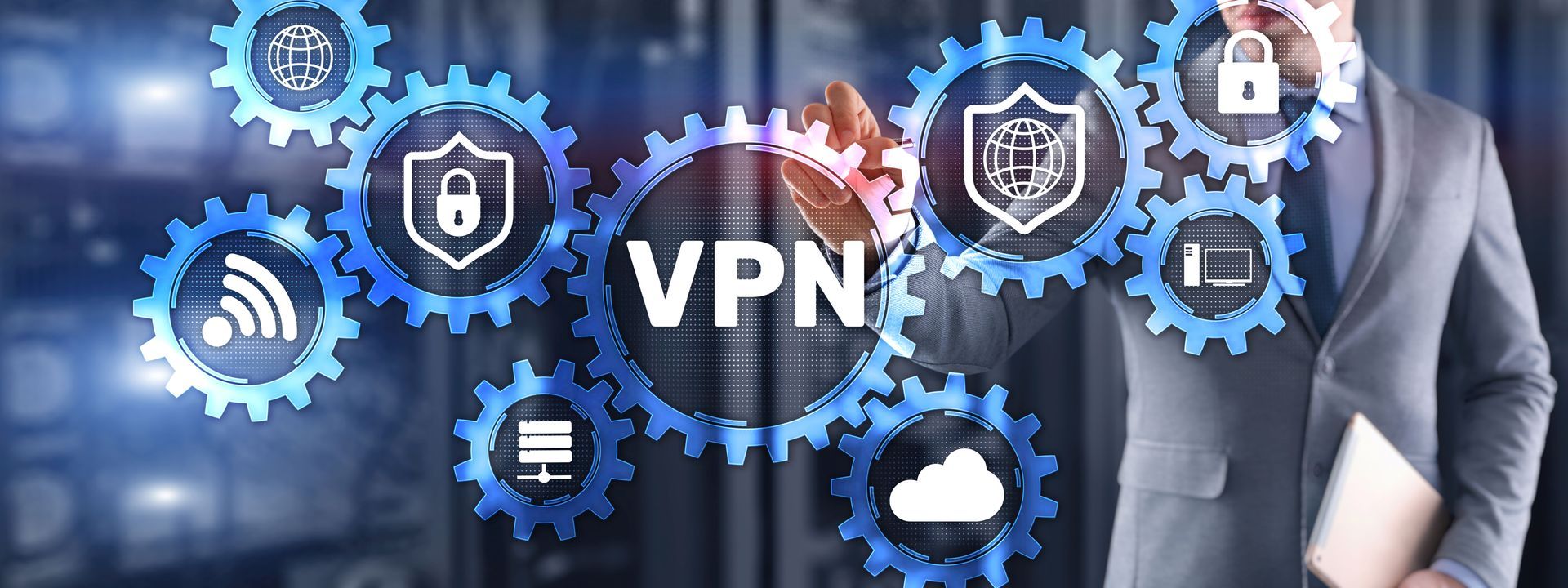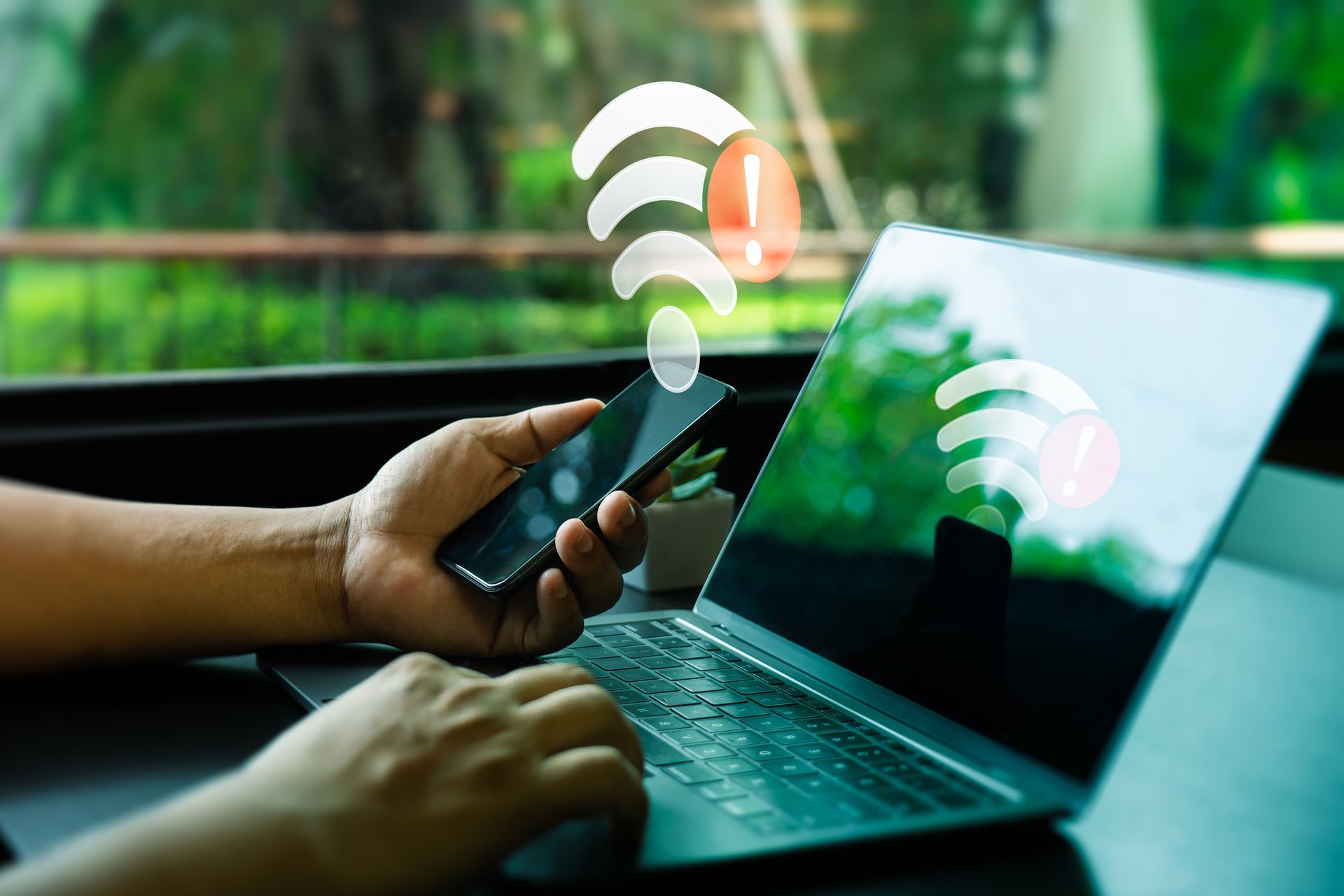Safety First
Safety First
We have all heard about the Dark Web, but not many people really understand its uses. Unfortunately, one of the many things it is often used for, is the illegal trade of stolen information – yours and mine!
Let me digress for a moment…
Back in history, travel was one of the most dangerous pastimes to pursue, because of the threat of highwaymen. These unsavory characters would disguise and secrete themselves at strategic points along lesser-used routes and would cause any unfortunate traveler (or coach) that may be passing by, to stop – usually at gunpoint. These distasteful individuals would rob any unfortunate traveler of their possessions and disappear off into the darkness.
Now back to present day…
We all buy things online. Some people even use online retailers to do their regular grocery shopping because it is all so convenient. Unfortunately, without even stepping out of our front door, we are under the threat of modern day “highwaymen”, who are poised and ready to rob us of our “valuables” – our user credentials.
There is a process whereby these user credentials can be skimmed off from a retail site without the company even knowing about it.
Once your credentials have been skimmed, they are packaged up along with thousands of others, and offered for sale on the Dark Web. No bad guys ever need to meet to hand over the “goods”. No cash is exchanged. Nowadays, it is all done digitally, using digital currency (bitcoin, for example), which is effectively untraceable. This is a multi-billion-dollar-a-year industry.
What can we do, as “Joe Public”, to protect ourselves? Well, a good place to start is with your username and password. There are a few simple things, regarding your password, that can be done to help mitigate potential damage:
- Don’t use straightforward “dictionary” words. If you can find your password in any dictionary, anywhere – don’t use it. “Dictionary” attacks – using computer programs to process through every known word, in every dictionary – is one of the basic methods the bad guys use to get into your accounts.
- Along with straightforward words, don’t use immediate family names, birthdates, anniversary dates, or anything else immediately connected with *you*. Make these things random… or, if you must use names, make them at least a couple of steps removed from you: perhaps your grandma’s name instead of spouse, sibling, or child? Or maybe your best friend from kindergarten?
- Make your password complicated. Create a password that includes UPPERCASE and lowercase letters, intersperse those letters with numbers, and sprinkle in as many symbols (# $ % ^ & etc.) as the provider will permit. Personally, one of my passwords is 32 mixed characters long! Overkill, maybe. Secure, possibly. Will I forget it? Probably! LOL
- Don’t store your passwords digitally. A lot of people store their passwords on their computers, in unencrypted format – they don’t even try to hide the fact that what they have saved is a password! It is better to purchase a physical notebook in which you put all your passwords. You can then keep it in a safe, or some other very protected place until you need to access it. There are digital options, but my personal preference is an old fashioned notebook.
- Don’t use the same password for different accounts. Make up a different password for each of your accounts. Be imaginative – you can do it!
Albert Einstein is quoted in “ What Life Means to Einstein ” (1929) as saying, “Imagination is more important than knowledge. For knowledge is limited, whereas imagination embraces the entire world…”. (PDF courtesy of The Saturday Evening Post)
- Don’t give out your passwords. If you have no choice and need someone else to access your account, for whatever purpose, change it as soon as they log out.
We all have to stay vigilant. Maybe you should think about enrolling with a monitoring agency which will track your information (there are lots of options). These organizations scan the Dark Web looking for matches with your credentials – name, Social Security number, phone number(s), address(es), bank account number(s), credit card number(s), etc. They inform you if they find a match. At that time, you’d need to access the affected account and change your credentials.
It is unnerving but, just as the highwaymen of old with their tricorn hats and blunderbuss weapons are now lost to history, with due vigilance from us perhaps these modern-day highwaymen (and women) will also become a “thing of the past”.
===
Contact us TODAY to discuss how we can raise your Cyber Security awareness
===
Non-Technical Security Training:
- CertNexus’ CyberSAFE
- also NC-Expert exclusive training (contact us for details)
===
Professional Network Security:
===
If you would like to learn more about how NC-Expert can help, contact us TODAY
!
The post Safety First appeared first on NC Expert.
NC-Expert Blog






